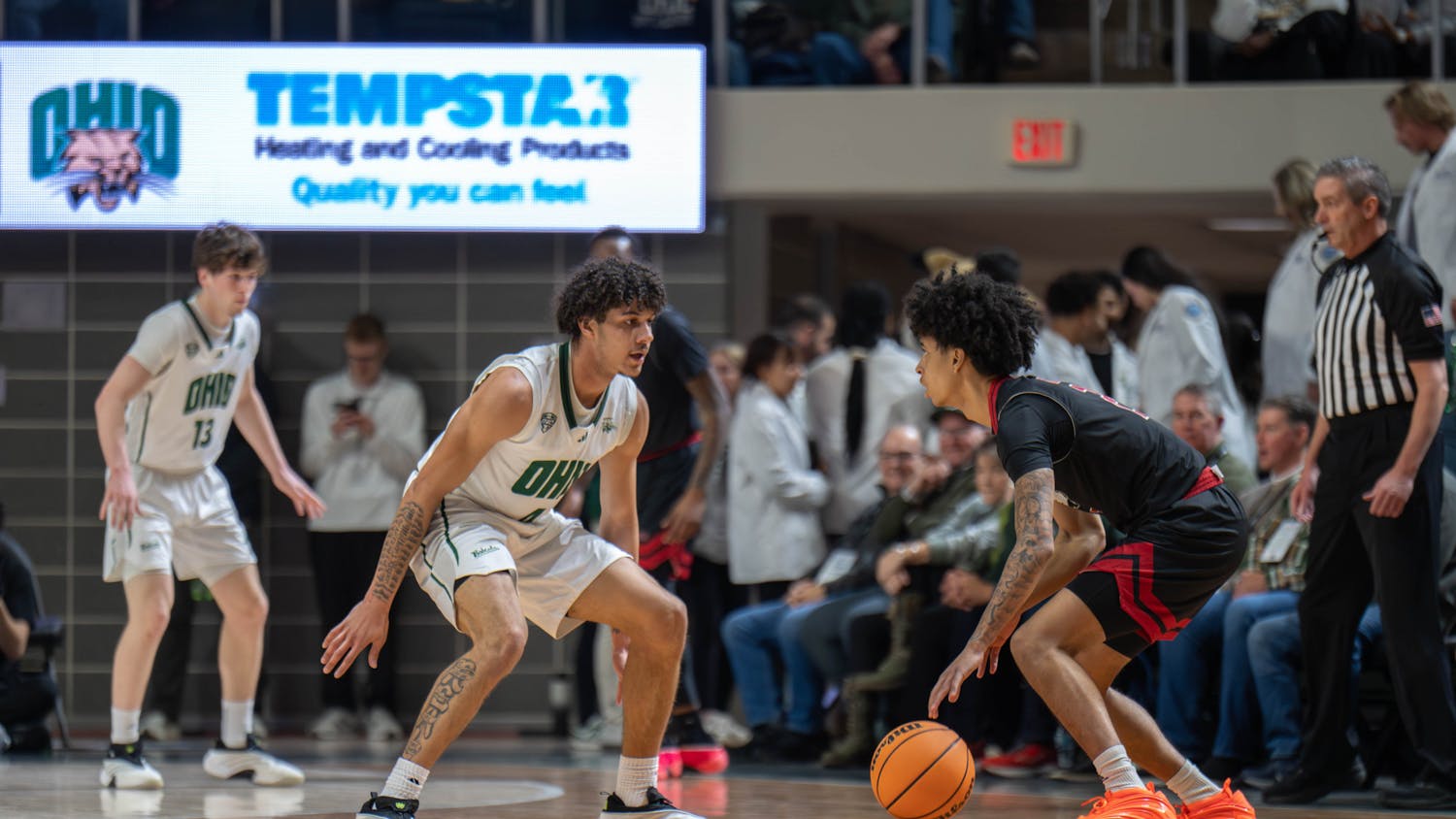What are some important events in LGBTQIA+ history?
From Compton’s Cafeteria Riots in August of 1966 to the Stonewall Riots in June of 1969, these moments of struggle were catalysts for change and ultimately led us to our recent triumphs of same-sex marriage equality and the right to adopt children in all 50 states. The Compton Cafeteria is one of the very first LGBTQIA+ riots to be recorded in American history. These riots were targeted to trans individuals who would frequent the restaurant, and the cafeteria’s staff called the police in order to remove trans folks from the location. In retaliation, the trans community in San Francisco organized a picket that was unsuccessful before the first riot. When a police officer tried to arrest a trans woman, she threw her coffee in his face and then dishes and furniture were thrown and windows in the restaurant were smashed. The riot moved to the streets where a police car had all of its windows broken and a newsstand was set on fire. Shortly after, the Stonewall Riots in Manhattan, New York City broke out when the Stonewall Inn was raided by police due to a suspicion of bootlegged alcohol. The riots consisted of the most marginalized people in the queer community: trans people, drag queens, butch lesbians, male prostitutes, effeminate young men, and homeless youth. Marsha P. Johnson and Sylvia Rivera, trans women of color, are said to be some of the first folks to engage the riots. Rocks, bricks, bottles, garbage cans, and garbage were thrown at the building, as well as lit garbage being stuffed into the broken windows. These are only some of the most important events to occur in LGBTQIA+ history, but if these events and others alike had not happened, our community would not have the rights we have now.
Why is it important for the LGBTQIA+ community to know queer history?
It is important for the LGBTQIA+ community to know queer history because in order to understand where we are going, we have to understand where we have been. It is hopeful and inspiring to know how far we have come in our progress for equality and equity; however, the path toward justice is one that is paved with struggle, hardship and violence. We often do not talk about the privileges that we have as queer folks because although we have made strides in remedying our oppression, we still face injustice and discrimination on a daily basis. If we forget our history then we are turning our backs on the blood, sweat, and tears that past activists sacrificed in order for us to have the rights, freedoms, and privileges that exist today.
---
Have questions? We have answers! Send your questions via email to lgbt@ohio.edu and/or oulgbtcenter@gmail.com; via Tumblr (oulgbtcenter); via Twitter to @oulgbtcenter with hashtag #qaqueer; or post/message to Facebook (oulgbtcenter). So bring it on, do it to it, and query a queer.
Send your questions: via email to lgbt@ohio.edu and/or oulgbtcenter@gmail.com; via Tumblr (oulgbtcenter); via Twitter to @oulgbtcenter with hashtag #qaqueer; or post/message to Facebook (oulgbtcenter). So bring it on, do it to it, and query a queer.
delfin is the Director of the LGBT Center, faculty advisor to the Latino Student Union, and adjunct lecturer for the Social Work Program and Women’s, Gender, and Sexuality Studies.
Cassidy Paul is the Outreach Coordinator for the LGBT Center.






